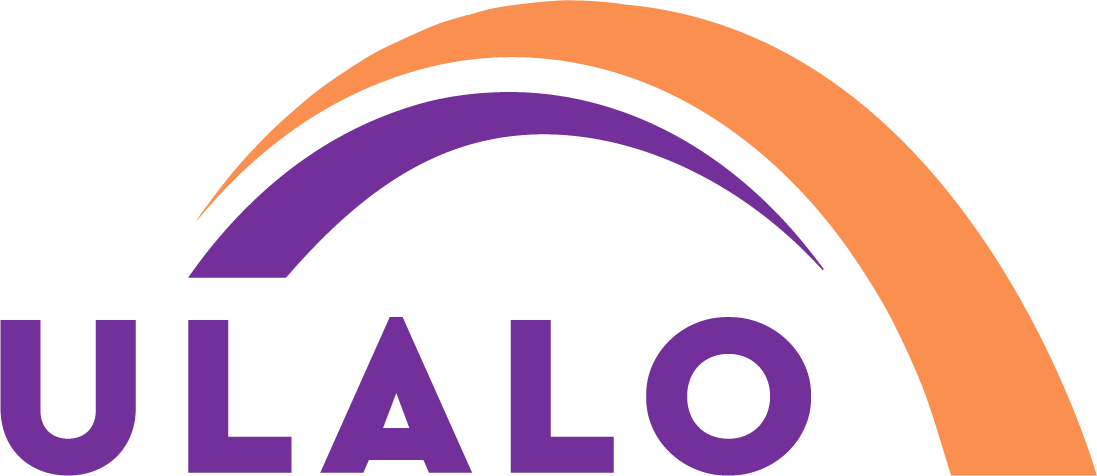Hunger Out, Hope In, Ezweleni Primary Reaps What It Sows
Daily porridge, daily hope, served by a community members.
At Ezweleni Primary School in Mzimba, the school bell now signals more than the start of a lesson—it signals the promise of a full stomach and a brighter future.
Through the School Meals Program (SMP) under the CANARASI initiative, learners are receiving daily nutritious meals that are changing the rhythm of their school day. The impact is visible in attendance registers, classroom concentration, and the faces of children who no longer study on an empty stomach.
This year alone, the school harvested 16 bags of maize and 5 bags of soya beans, all grown on campus. That’s not just farming it’s a lifeline. The food produced feeds directly into the daily meal program, reducing dependency on external supplies and anchoring the initiative in sustainability.
For 13-year-old Chrissy Phiri, a Standard 7 learner, the difference is deeply felt.
“Before the porridge, I used to feel tired and hungry during class. Now I look forward to learning because I know I will be full and strong,” she says with a shy but proud smile.
Her words echo a reality long familiar in rural Malawi: hunger hinders learning. But at Ezweleni, that narrative is being rewritten—one meal at a time.
The CANARASI initiative short for Community Activation, Natural Resources Management and Improvement of Social Infrastructure is being implemented by Ulalowith support from Chancen durch Bildung – Germany. Its approach is integrated and localized, combining food security, education, and community-driven development.
What sets Ezweleni apart is how the school has embraced ownership of the program. Teachers, parents, and learners are all part of the food production process. The fields behind the classrooms are not just plots of land they are plots of possibility.
As Malawi continues to grapple with the twin challenges of malnutrition and education quality, initiatives like CANARASI are demonstrating a practical model, Feed the learners, and the learning follows, because when a school grows its own food, it also grows its future.

